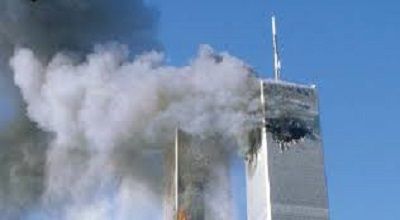The 9/11 Incident Effect on the Pakistan Education System
Now here is The 9/11 Incident Effect on the Pakistan Education System. The September 11, 2001, terrorist attacks in the United States had several significant effects on the education system in Pakistan. As well as on the broader society. These effects can be categorized into both short-term and long-term consequences:
- Increased Militancy and Radicalization: In the short term, the aftermath of 9/11 saw a surge in militancy and radicalization in Pakistan. This had a negative impact on the education system, as extremist groups targeted schools. Particularly those that provided a Western-style or secular education. Many teachers and students were threatened, and some schools were attacked or forced to close.
- Curriculum Changes: To address the radicalization issue, the Pakistani government made some changes to the national curriculum. They aimed to remove content that might promote extremist ideologies and introduced more moderate and tolerant educational materials.
- Security Measures: The security situation deteriorated, and schools had to implement strict security measures. Including the construction of walls, armed guards, and security checkpoints. This not only impacted the learning environment but also diverted resources away from improving the quality of education.
- Impact on Female Education: In some areas of Pakistan, particularly the tribal regions. The attacks and the subsequent conflict resulted in a decrease in female education. Conservative elements used the volatile security situation as an excuse to curtail the education of girls.
More read…
- International Aid: Pakistan’s alliance with the U.S. in the “War on Terror” brought in substantial foreign aid, some of which was directed towards education. This aid contributed to the construction of schools and the improvement of infrastructure. It did not necessarily result in a significant improvement in the quality of education.
- Higher Education: Pakistan’s higher education system also experienced changes. The government invested in certain fields like counter-terrorism studies and increased collaboration with international institutions. This led to some improvements in research and higher education. But it also raised concerns about academic freedom and ideological influence.
- Long-term Impact on Society: The 9/11 attacks, and Pakistan’s involvement in the War on Terror, had a long-term impact on Pakistani society. The ongoing security concerns, radicalization, and the militarization of society continue to influence education and societal values.
- International Relations: Pakistan’s role as a U.S. ally in the War on Terror affected its international relationships, including those with neighboring countries like Afghanistan. These geopolitical tensions have had repercussions on the movement of students and educational collaboration in the region.
- Economic Impact: The ongoing security situation and related instability have hampered economic growth. Which in turn affects the resources available for education.
Summary
In summary, the 9/11 attacks had a complex and multifaceted impact on Pakistan’s education system. From immediate security concerns to long-term societal and economic consequences. While there have been some positive developments. There are also ongoing challenges related to security, radicalization, and the quality of education in the country.
